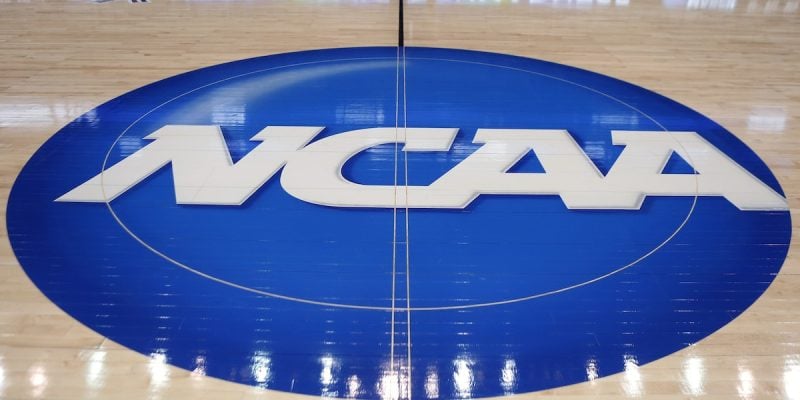Moving forward, social media posts regarding championship events that the NCAA holds will get some additional scrutiny. The NCAA has commissioned research into potential abuse on social media platforms directed at people involved with those championships.
The NCAA says it will use the study’s data to formulate policy to deter such abuse. Although the scope of the study is not limited to posts regarding sports betting, such content on social media will be part of the analysis.
NCAA announces new study on social media abuse
According to a press release from the NCAA, the Signify Group will begin its social media analysis and data collection this month. The Signify Group uses its Threat Matrix as a way to analyze and curate social media content using machine learning.
The study will focus on X, formerly known as Twitter, Instagram, and TikTok. Threat Matrix will focus on content around NCAA championship events. That means social media posts around conference-level championships and regular-season contests will probably not be part of the evaluation.
As far as what the NCAA is looking for in this study, the data should lend some insight into several facets of the situation around social media content and NCAA championships. That should include the frequency of potentially abusive posts.
In addition, the NCAA should glean some information on user demographics and trends in content. The study will evaluate posts connected to athletes, coaches, officials, and members of committees.
This research should run through the entire remainder of the 2023-24 championship year. When the Signify Group makes its final presentation, the NCAA will have data to use in formulating its policies. It might use that data to try to influence policy outside of its organization as well.
By-laws on reporting could be forthcoming
Currently, the NCAA does not have any by-laws mandating reporting procedures for member institutions if someone involved in their athletics department is the target of social media abuse. The existence and components of such policies among member institutions are part of what the Signify Group will be evaluating.
This data could help the NCAA draft such rules. It could also help the NCAA educate member institutions about how to identify and react to such content. The NCAA does have existing educational materials regarding impermissible betting activity.
Another ambition of the NCAA could involve more than its governance. The NCAA has made it clear that it would like state governments to introduce legal standards around online abuse of people participating in collegiate competitions.
Explicit legal standards with this emphasis are still rare, though. Ohio does have a law providing criminal penalties for anyone who threatens someone participating in a sporting event concerning gambling activity.
Many states have legal standards around online harassment but not specifically related to sports betting. The scope of the study is not limited to content connected to sports betting. However, the press release strongly suggests that will be a focus.
If there is a renewed push for more legislation along those lines in state capitals moving forward, the data from this study will be a central part of those pitches.








